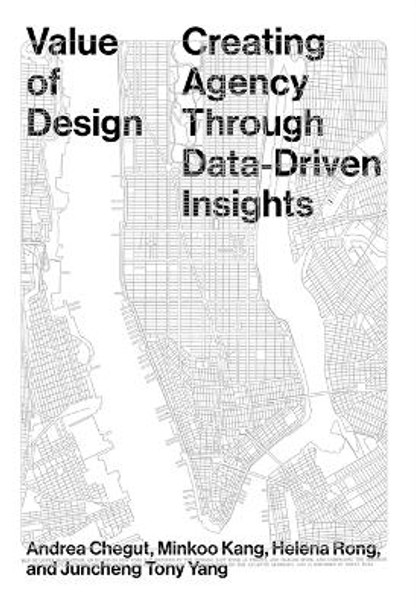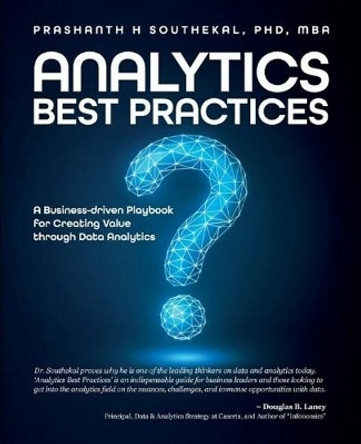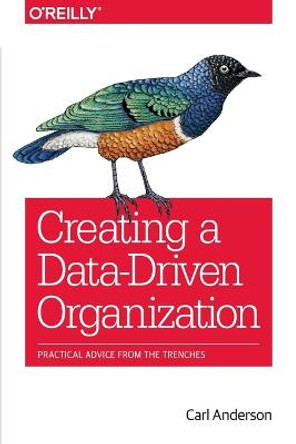Description
In the context of architecture and real estate, the value of design-be it financial or social value-remains largely unmeasured, overlooked, and inadequately researched. By failing to acknowledge the potential of design, we miss opportunities to address the wide-ranging social and sustainability challenges at play today. This book acts as a platform to bridge the gap between design and finance, using empirical research to dissect design into measurable features through data-driven methodologies, with New York City serving as the experimental research site. Novel analytical tools such as AI, machine learning, and natural language processing, along with new forms of data like anonymised mobile phone data, social media data, and image data, unlock new dimensions for gauging the impact of previously immeasurable design elements of the built environment on human behaviours. These novel measurements, when integrated into real estate valuation models, establish a financial benchmark for design, catalysing a shift in the industry's perspective on the intrinsic worth of design and ensuring that future projects properly account for the qualitative impact of design on economic value and social benefits. As we uncover and quantify the inherent value of design, it becomes possible to persuade key stakeholders-real estate developers, investors, and policy-makers-about the significant returns of thoughtful, sustainable, and human-centric design strategies. In essence, we aim to explore how the amalgamation of design and finance via empirical research and innovative data-driven methodologies can lead to a more integrated and holistic valuation practice.
About the Author
Dr. Andrea Chegut (1981-2022) was the Founder and Director of the MIT Real Estate Innovation Lab, and was Head of Research and a co-founder of MIT's DesignX venture accelerator. Her work centered on the financial performance and economic outcomes of change in the built environment, stemming from design, technology and innovation. Her research identified product innovation with the aid of data science and machine learning techniques to measure how real estate and planning policy can be aligned across stakeholders to create more sustainable, healthy, socially-inclusive and intelligent real estate. Minkoo Kang is currently a real estate developer based in Boston. His practice is informed by his various international experiences as an architect. He started as a researcher of urban affairs in Moscow, then worked at the Office for Metropolitan Architecture (OMA) in Rotterdam, Doha, Hong Kong, and the New York office. He got his Master's in Real Estate Development from MIT in 2018. Helena Rong is a PhD Candidate in Urban Planning at Columbia University and Founder at CIVIS Design and Advisory. Her work leverages design and emerging technologies such as blockchains and AI to foster collective intelligence and resilience in the built environment. She received a Master of Science in Urbanism from MIT and Bachelor of Architecture from Cornell University. Juncheng "Tony" Yang is a doctoral candidate at the Harvard Graduate School of Design and Partner at CIVIS Design and Advisory. His research focuses on the institutional arrangements for governance in tech-enabled urban environments. He received a Master of Science in Urbanism from MIT and Bachelor of Architecture from Rice University.
Book Information
ISBN 9781951541972
Author Dr. Andrea Chegut
Format Paperback
Page Count 224
Imprint Oro Editions
Publisher Oro Editions






